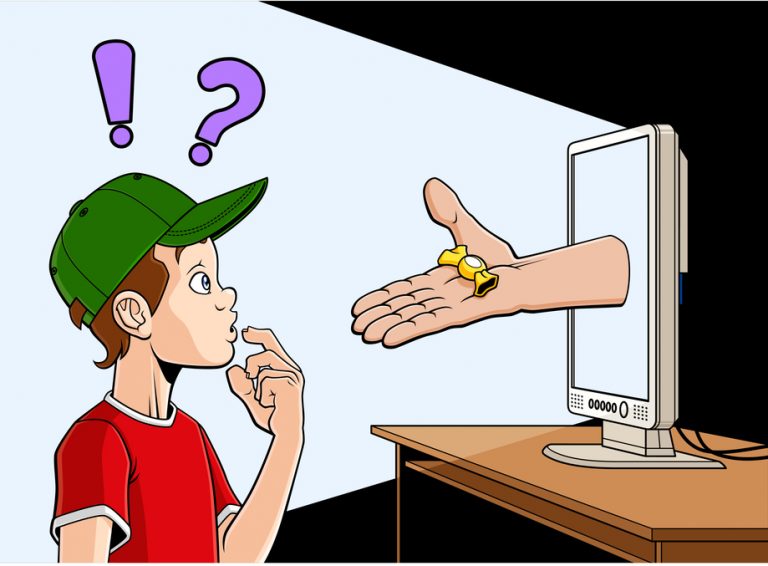If you have young children, it’s nearly impossible to keep them away from the internet. Between streaming video on YouTube, social networking sites like Instagram, and online gaming, there’s access at every turn. And as a parent, it should be your priority to keep your kids safe from the threats.

The Online Dangers That Lurk
The internet, in and of itself, isn’t necessarily bad. But it opens up a channel through which corrupt people with unsavory motivations can cause harm or victimize others. As a parent, you should be aware of dangers like:
- Cyber stalking. Social media has made it easier than ever for people to stalk other users online. It’s possible that your child could become a victim of cyber stalking – particularly if they post a lot of pictures and content about themselves.
- Cyber bullying. Rampant among today’s adolescents, cyber bullying can lead to anxiety, depression, low self-esteem and even thoughts of suicide. It’s overwhelmingly common among both middle school and high school students and often happens without parents ever suspecting a thing.
- Phishing. When private information is uploaded online or sent through email, there’s always the chance that a hacker could use a phishing strategy to compromise a child’s identity.
- Permanent record. Employers now conduct thorough online searches of candidates and will disqualify someone with red flags – no matter how long ago the behavior occurred. Children can’t understand the gravity of their online actions. Anything they post on a social media site can follow them around for years and should be treated as permanent.
Children of all ages can be targeted or impacted by these threats. So it’s imperative to address these issues as early as possible and prevent them from wreaking havoc on your family’s life.
Keeping Kids Safe
You won’t always be able to control how your kids use the internet and what sort of online behaviors they participate in. But while they’re young and living under your roof, you have more say than you realize. Now is the perfect time to set an example and positively influence how your children approach the web. Here are a few ideas:
1. Set Boundaries
Don’t assume that your kids can self-police themselves. They need structure, limits, and boundaries to avoid danger and/or irresponsible behavior.
“Use parental controls or kid-safe search engines, so you can monitor the websites their child visits,” PrivacyParent suggests. “Establish boundaries with your child around what websites they can visit and use and what information they can share online. Children often find out the hard way that information posted online can be used against them.”
2. Use Safe Passwords
Children need to know the importance of passwords. Help them understand why passwords exist and how to create strong codes that only they know. It’s also imperative that you, as the parent, always know all passwords to your child’s accounts.
3. Limit Access
Online access should be viewed as a privilege. Kids don’t need revolving access and constant connectivity. Limit access by setting time restrictions and using consequences to enforce them.
4. Rely on Safety Settings
Device and platform-specific safety settings exist for a reason. Use them to limit what your children can see. Your kids will complain, but it shows them who is in charge.
5. Avoid Private Tech Use
As a child, you were told – at one point or another – that nothing good happens after midnight. Well, the same could be said for technology in private. Nothing good happens when kids are allowed to access the internet alone. Consider setting a rule in your house that all online activity – including online gaming, social media, and internet browsing – happen in an open living area.
Raising Responsible Digital Citizens
The world is different today than it was when you were five, 10, or 15 years old. There’s more access and availability than ever before. Technology has removed global borders and fundamentally altered the way information is shared and how people communicate.
As a parent, you don’t need to shelter your child from the reality of this new age. But you do need to help protect them until they’re old enough to understand the weight of their actions. There’s no better time to start than now.
Image Credits: Pixabay | Trinustech

Drop your comment